UK PM Liz Truss and her disastrous Mini Budget
The British Government is in chaos, the Chancellor of the Exchequer, Kwasi Kwarteng, was sacrificed after just six weeks by the UK Prime Minister, Liz Truss, and replaced with Jeremy Hunt, the former Foreign Secretary who, by all accounts, is not fit to be the finance minister.
What went so wrong for Prime Minister Liz Truss and the so called mini budget and why are calls for her resignation growing louder by the minute?
One wonders whether the UK PM can survive the crisis brought about by her own incompetence.
Thinking with the Wallet
What is so wrong with this mini budget, which has now turned into a real crisis for Liz truss and her premiership?
Well, I think there's a certain degree of sabotage going on within the British economy. We had a whole month during September where there was a leadership contest between Rishi Sunak and Liz Truss and the promise that Truss gave [sic] to all of those Conservative Party members was: "I will reduce your taxes". Well, of course they just were thinking with their wallets and voted for her.
The trouble is that, actually, there is nowhere that she could reduce taxes at all really, because the markets have reacted in the only way they could, which is to say well if you're going to reduce taxes, that means that the government is borrowing, it cannot be paid back and therefore we're going to have to, you know, really, I suppose, punish you and tell you that we want the government to be able to pay its debts.
And that's what they've done. The markets have punished them. They said if you're going to be cutting taxes, you're not going to be able to fulfill your budgetary needs in paying all these debts back. The fact is the only place, at the moment, where Truss and the government can actually get enough tax in is from the super rich and this is, these are the one group of people and the most powerful businesses.
The businesses are very good at not paying tax, by the way, but the super rich as they get paid income in Britain, they have, you know, it's very easy to take that tax off them if she was going to cut that.
So I mean it was a disastrous policy from the start, just built on greed from the Conservative Party members voting for her.
But, as I said, I think there's an element of sabotage here. There are some powerful influences out there that do want to see economies crash. We've seen it in many other countries around the world. Argentina, I mean, the list goes on. And what happens is, as those economies start to crash, most people think well you don't want that to happen, but some people do want that to happen, as they are then able to buy up all those assets for very little money and make an absolute fortune.
We're talking about the people like George Soros, international dealers and traders that can make a fortune on a crash.
The trouble is that the international markets; particularly those centered in the EU, in London in the city and in Wall Street, are basically like a casino. And so games are played, and that's what's been happening with Liz Truss who has completely lost touch with reality, this Chancellor, but what they were doing is they were trying to do things which just had no economic sense for them whatsoever.
So I think now Kwarteng has gone, Liz Truss is going to have to go very soon, because she backed him all the way, and the conservative party is going to have to find a new leader.
Tony Gosling, Historian & Journalist
Would you tell us, in simple terms, what was so wrong with this mini budget that it caused such a crisis, putting into question the credibility of Liz Truss and her administration?
Well, which is appearing for us is the text's problem and the bad plan, which was put (forward) by the government of Truss and especially to apply the same taxes on rich and poor, which ... represents a direct contradiction with the social justice and also with the logic, but let's say or let me repeat, this is what is appearing.
Prime Minister Truss carried the heritage of a long history of bad politics and also big messy, don't forget the Brexit is one of the elements we can say, not just damaged but somehow broke a big part of the of the British economy.
Let's say also that markets in UK are not stable at all because of the potentiality of the independence of Scotland next year, which will be followed quite soon by independence of Northern Ireland.
There are lots of elements she kept as a heritage of this government, carried them, but she did not work on solving one of these dark elements. On the contrary, her government put a catastrophic plan, special economic plan.
Also the involvement of the UK in the Russian Ukrainian war by supporting one side, not only economically or militarily, but strategically, that is putting the UK economy in the same package or the same pocket as the war, and when there are wars, we always see investors do not trust so much in such economy.
Trust used to be in the economy, which we no longer find today, because of lots of elements she did not create, but she aggravated the situation by the tax cutting.
Mahmoud Refaat, European Institute for International Law, President
The Institute of Fiscal Studies, IFS, has called into question where the 60 billion pounds that the UK will need to compensate for these cuts was going to come from and whether the UK economy will be able to survive?
The IFS had previously forecast a two and a half percent growth for the British economy, but the current analysis is, at best, 0.7 or 0.8%.
Taking into account all these readily available facts how did Liz truss and her former Chancellor of the Exchequer, Kwasi Kwarteng, plan to proceed?
I don't think they have thought it through at all. I think that they had basically taken a few lines from an advertising agency in order to get themselves into power, get themselves elected in the election campaign over the summer, so they hadn't actually thought about what the implications might be.
Let me just explain a couple of basics here because there is this thing called quantitative easing, or printing money, that the Bank of England's been doing. It's been using that money that it's created to purchase government bonds this week. It's just decided yesterday; it's going to stop doing that apparently, which means on Monday when the markets open God only knows what's going to happen. We could have all sorts of problems with pensions, house prices could tank, mortgage rates going up. You know, this is becoming much more expensive for ordinary people.
What should really happen with the money the Bank of England is printing? They should just gift it to people who are on benefits, people who are on low pay, people that can't afford to buy food, having to go to food banks, give it to them. Give each one of those people who are obliged to claim government subsidies or Social Security, or whatever, £2000 because you know what? They'll spend the money and that will help all other elements of the economy, because the way that they're spending this money at the moment is just going into the pockets of the people who have shares and it's going in for asset purchases. And it's going to the rich basically.
So give that money, Bank of England, to the poor and you'll see the economy start to pick up. So that's a really basic thing to understand. I mean, what we've had is, you're right, lots of instability.
July, the chancellor was Rishi Sunak, August, the chancellor was Nadeem Zahawi. September, the chancellor was Kwasi Kwarteng and now, in October, we've got another chancellor, Jeremy Hunt.
This gives the impression that the Conservative Party haven't got a clue what they're doing, and it's very unlikely that they will come up with policies now which will help the poor people.
The poor are the only ones who actually managed to pick the economy up, I think, and get it moving again.
Tony Gosling, Historian & Journalist
https://www.presstv.ir/Detail/2022/10/03/690296/UK-Tax-U-turn-Truss-Kwarteng
We have had different people fill the position of Chancellor of the Exchequer three times, now, six weeks after the last one was appointed, a fourth person has come into the picture, Jeremy Hunt, who has had varied jobs in the past which don't exactly make him an expert on finances of a country.
How can there be a promise of stability in the economic life of Britain after all these people have come and gone in such a short time, or for there to be a promise of stability in the economic life of Britain in the hands of a “U-Turning” administration in such a state of disarray?
Well, let's say it's not a question only of experts. Always the economy is a follower to politics. And policies impact the economy and the functioning of the economy, in any country of the world, whatever to be the degree of democracy of this country or this nation. The question is and matter is not left completely to experts' opinions.
No, the politicians and decision makers, who are not experts financially, intervene in lots of matters, and also their policies … damage lots of plans put (forward) by experts, and this explains also, the bad politics, and especially last decades, especially (the) last one decade and the policies were adopted by politicians in UK were completely, in lots of situations. Wrong politics and wrong policies, which led today to this heritage I was talking about a few minutes ago, (which) Madam Truss has carried when she entered Downing Street.
While again, the question is not only one reason, we have lots of reasons. The United Kingdom has been accumulating lots of reasons to drop down today. It is not something happened last week or last month. It is bad policies, bad interventions in some areas of the world. [sic]
Mahmoud Refaat, European Institute for International Law, President
How far back would you go with that?
Well, let's just have a look at what happened in the Middle East over the last decade, and the UK interventions of the last decade. The UK did not intervene rationally, with its history, compared to its history of intervention.
An old colonial empire should have been experienced in how to intervene and how to act when there are conflicts, while we have found the UK intervening completely wrongly, since 2003, even before that, the Iraq War.
Mahmoud Refaat, European Institute for International Law, President
Let’s clarify the timeframe; we spoke about the last decade but went back all the way to 2003.
Could this be something that's either been in the making for quite some time or resulting from the 2008 financial crisis?
Well, I can be absolutely precise to say really the origin of this is 1976. That is the removal of Harold Wilson, who was the prime minister, by the army in Britain and the far right and the right wing army in Britain. They kicked him out of office and replaced him with him with James Callaghan.
Anyone that doesn't know about this, there are some very good books on it, "The Enemy Within", I think, is one of them, and "The Wilson Plot" is another one.
Very interesting the way he was going because he was managing the economy for the Labour Party, for the British people, and as ever since then. Then, of course, the Thatcher era began in the 1980s. And that I think, is actually the start of Finance Capitalism getting a grip on Britain, that is to say, everything is privatized, bit by bit. I mean, Thatcher.
It was like every two or three months, another major state owned industry was sold off to the international markets. And that meant that anybody in the world with a lot of money could just buy British infrastructure. This was a beginning of the end in a way and what they called at the time, Thatcher selling off the family silver.
So now Finance Capitalism, whatever it is, 40 years later has become absolutely King. Finance capitalism dictates the policies to Prime Minister's at Chequers, at their private residence. Finance capitalism dictates which broadcasters are owned by whom.
And so the two main organs that the public have got to defend them from voracious, rich, acquisitive people, that is to say, a democratic Parliament and the press are both taken over by finance capitalists, and that's happened with the opposition Labour Party, too, here in the UK where we have got a so called opposition party which doesn't even support ordinary workers around the country as we're getting lots of strikes starting in Britain now, even keeping with their wages keeping pace with inflation.
Now if the Labour Party can't even support that they're clearly working, just as the Conservatives are, for the finance capitalists, for the City of London.
What we really need is a mixed economy where we have a government that asserts its strength, controls its infrastructure, and makes sure the poorest and the least well off in the country are looked after, as well as the super rich. This government, and the opposition Labour Party, really only care about the super rich who pay them, and their political parties.
Tony Gosling, Historian & Journalist
So this is where the UK stands and what they are dealing with, how are they going to move forward? What do they plan as some kind of recovery from what's happened?
Jeremy Hunt has come forward and has, again, made a U turn. We has lost count of how many U turns have been made from the beginning of this debacle, two were cited, however, there have been five, including the recent one by Jeremy Hunt.
How can the UK move forward to come out of this situation and for there to be some stability?
Well, I don't think there is a magic solution. It's not a button we will hit, we will find solution for the economy, and, we will get back the economic stability. The purchasing power will get back affordable by society. I don't think that will happen in the close future.
In particular I'm repeating again, the question of the referendum of Scotland it will be a big and huge earthquake if the Supreme Court in the UK accepted the case and Scottish away from them, the best chance is to vote yes, and that will represent a weak, not only for the economy, by the way, but on the whole life of the United Kingdom. But well simply this nation will not exist anymore; the United Kingdom will not be the United Kingdom anymore. ... It will be England. So, there is no quick solution.
There are some suggestions, to be adopted on a very long term. When I say long term, it is not one decade, it is around between two to five years in order to get some stability, but that will not be, we will never be able to start on that until the decision of the Supreme Court concerning Scotland to see the vote results, and what will happen after this. ... and to start from 2023 when the shape of the relationship between Scotland and UK has been appeared [sic] and then, in time, we will be able to start some procedures and to give the case and the files to the experts without interventions of politicians.
Mahmoud Refaat, European Institute for International Law, President
But you have to have a stable government to do that. And you talked about the Labour Party and how there should be a mixed economy. The Labour Party asserts that the Tories have last the right to govern. And they are saying that the Conservative Party is just going to try to cling to power and if it does that it's going to bring down the country with it.
What are the options for the UK?
Well, look, do you want Tony Blair back? I mean, because Starmer is even more extreme than Tony Blair. So he also has lost the right to govern. Now, I think there are some very simple, quick solutions, but these are actually taboo.
But the simple, quick solution number one, is what I said before is the people's Quantitative Easing, QE, that is to say, printing money and giving it to the poor, in order to kick-start the economy, you know, maybe even give £10,000 to everybody with no savings, a very simple thing that they could be doing and that would be a fraction of the money that the Bank of England have been giving to the rich over the last 15 years, more or less. So the people's QE, give that to poor people.
Another thing they can do is they can regulate the privatized industries, all of the infrastructure, the railways, the electricity, the water, the gas, they can just restrict that and they can really nationalize it for free. And once the government is able to set the prices properly, so that there's no racketeering going on in the infrastructure, everybody will be able to get on and make some money.
So there are two very basic things. Another one, of course, is the bankers that were responsible for what we call the “banksters”. Let me give you the financial crisis, the criminal bankers they must be arrested and put in jail. I think those three measures would make a tremendous amount of difference and put the British economy back on track again.
Tony Gosling, Historian & Journalist
Britain is currently looking at strikes, at possible power and energy outages of three hours based on what's been announced and of course, with the economy is as it is, one wonders where the United Kingdom might find itself three months from now?
Israeli bullets found in bodies of children killed in recent Iran riots: Report
South Korean civic leaders demand peace with North
VIDEO | Iran foreign-backed terrorist attacks: Italian diplomats decry US-Israel interference
VIDEO | Israel demolishes UNRWA structures in East al-Quds
VIDEO | Press TV's news headlines
VIDEO | 100+ days of ceasefire: Israeli killing of Palestinians continue amid Intl. silence and impunity
VIDEO | EU split over new Iran sanctions amid claims of double standards
VIDEO | Gaza’s silent plague: Mysterious virus claims lives amidst total medical collapse


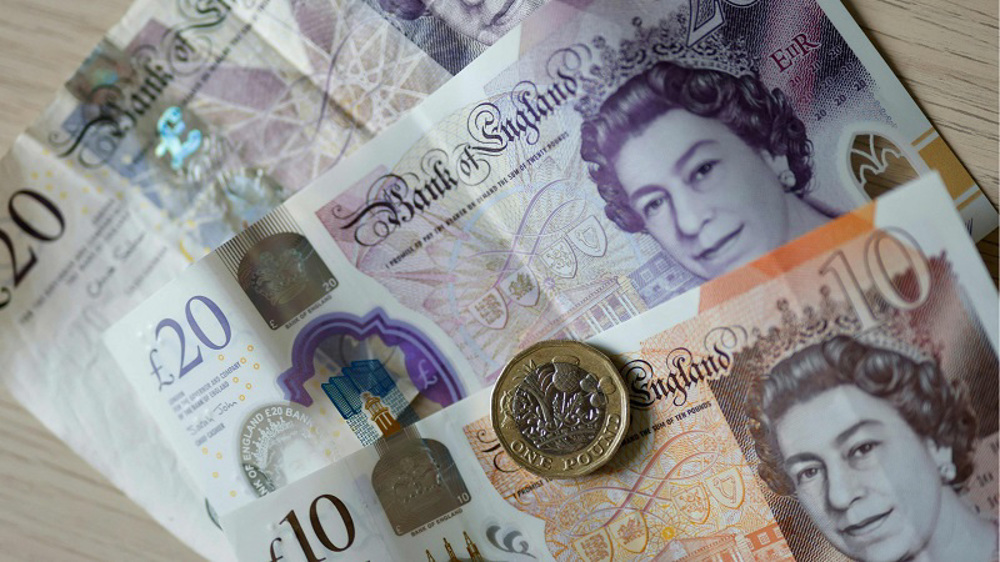
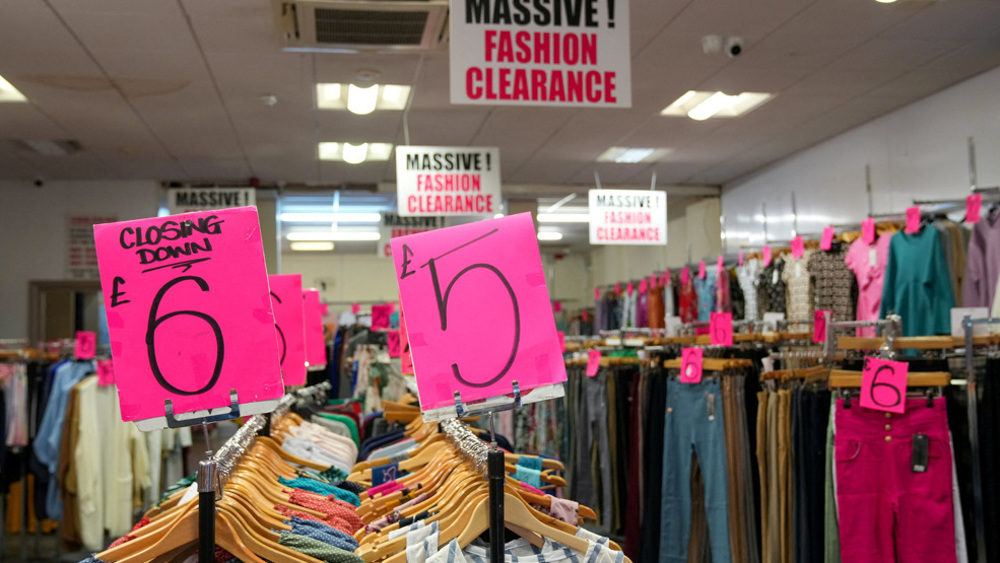
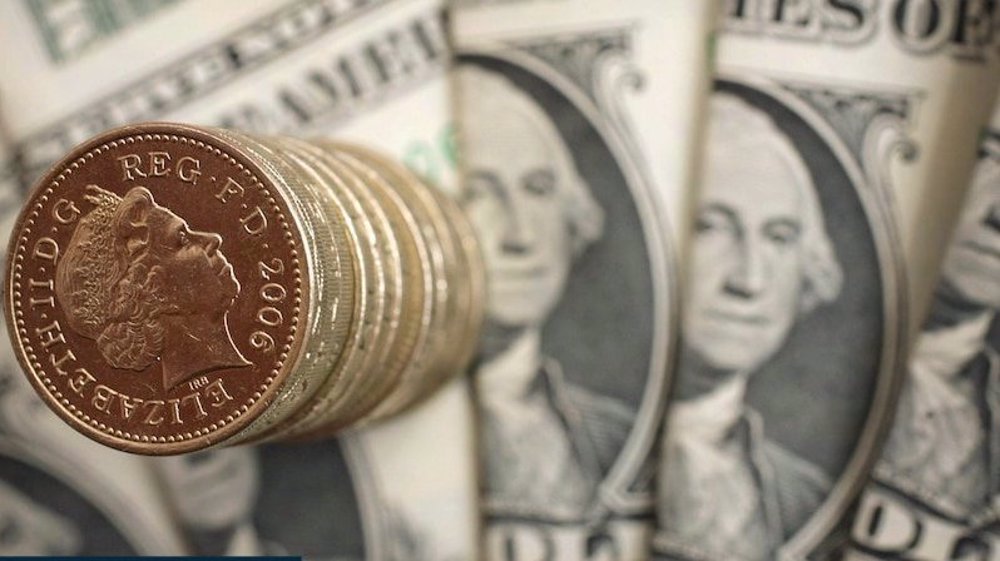
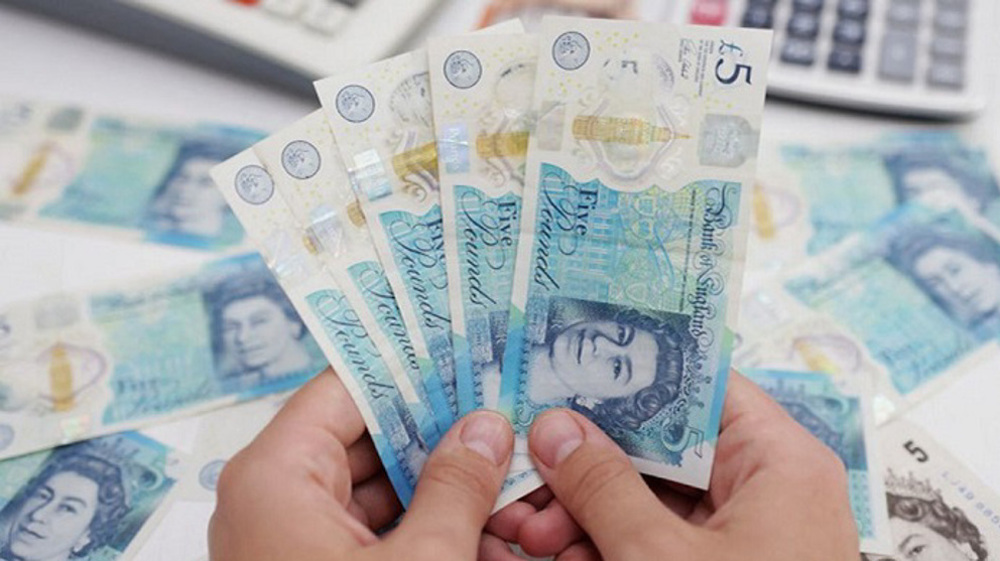
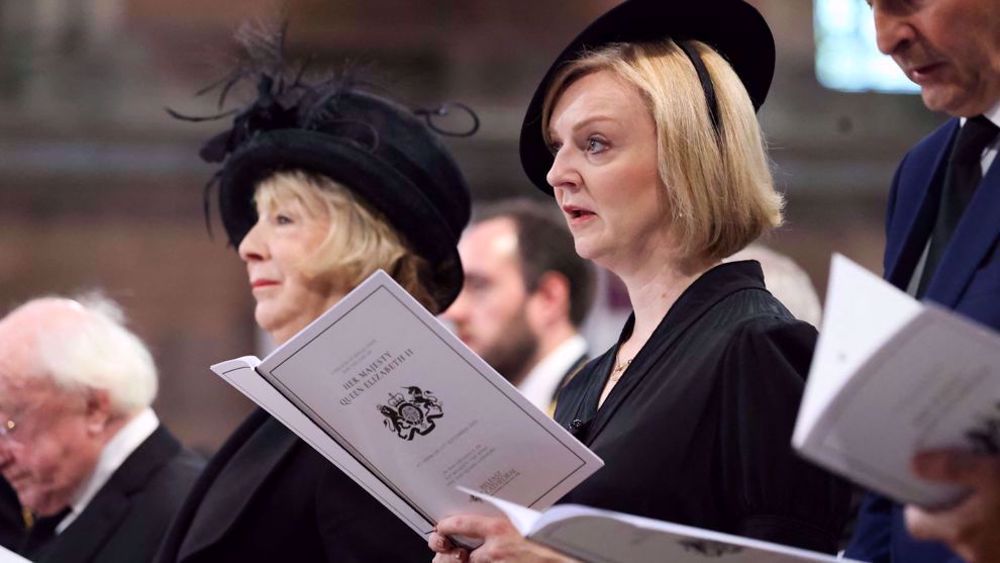
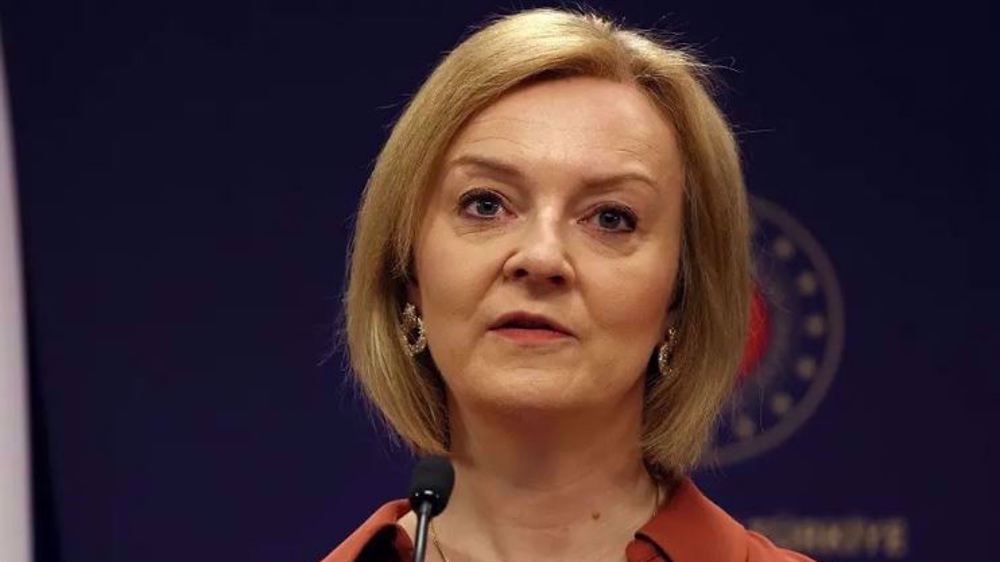
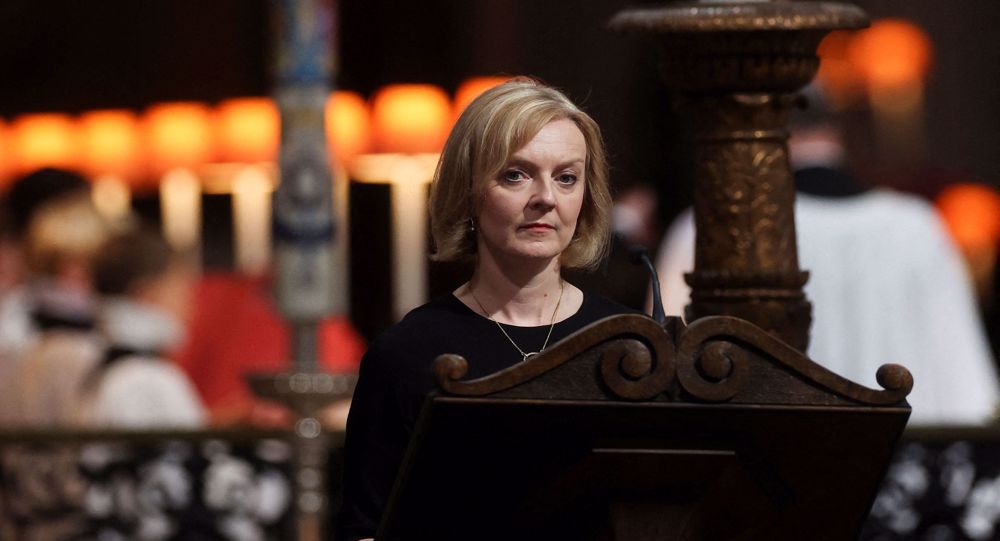
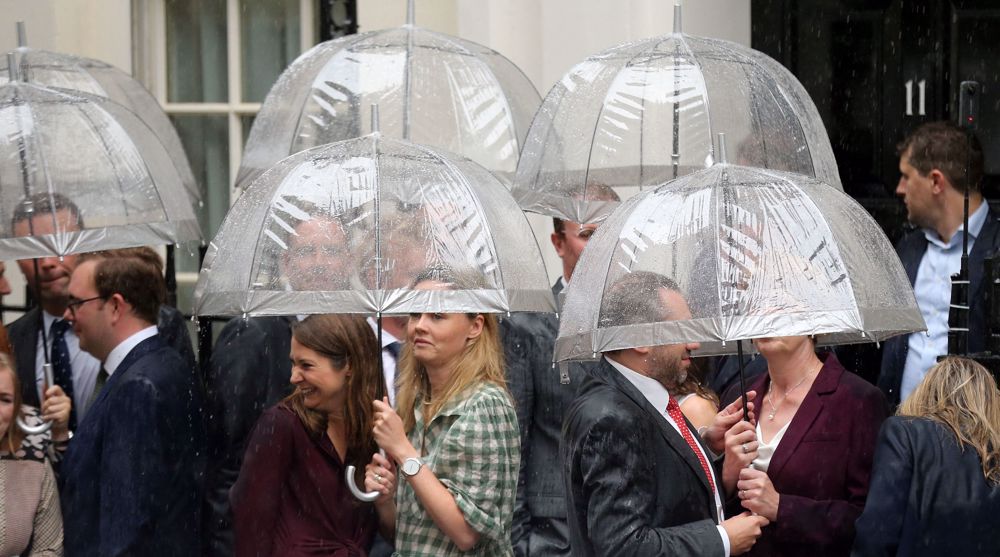
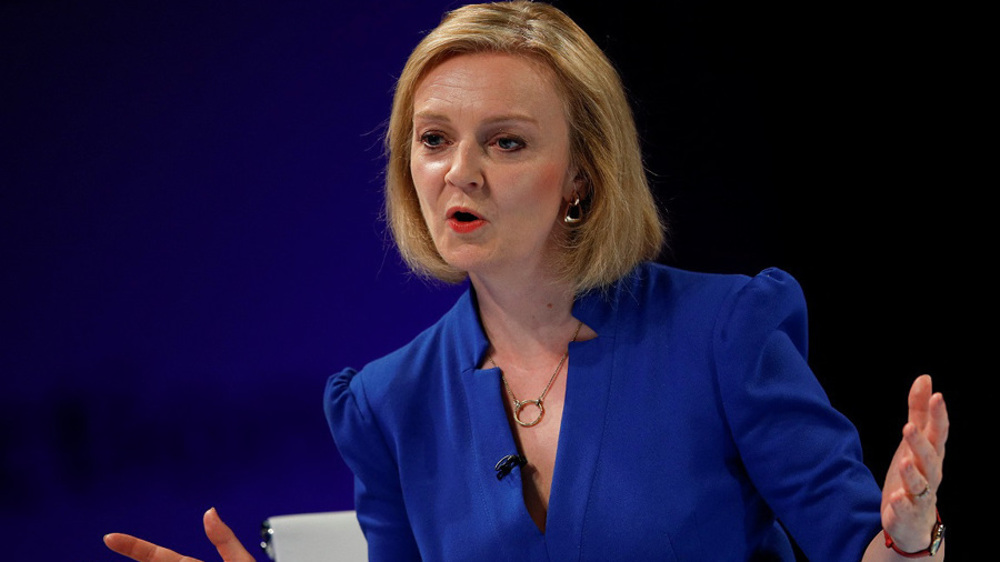

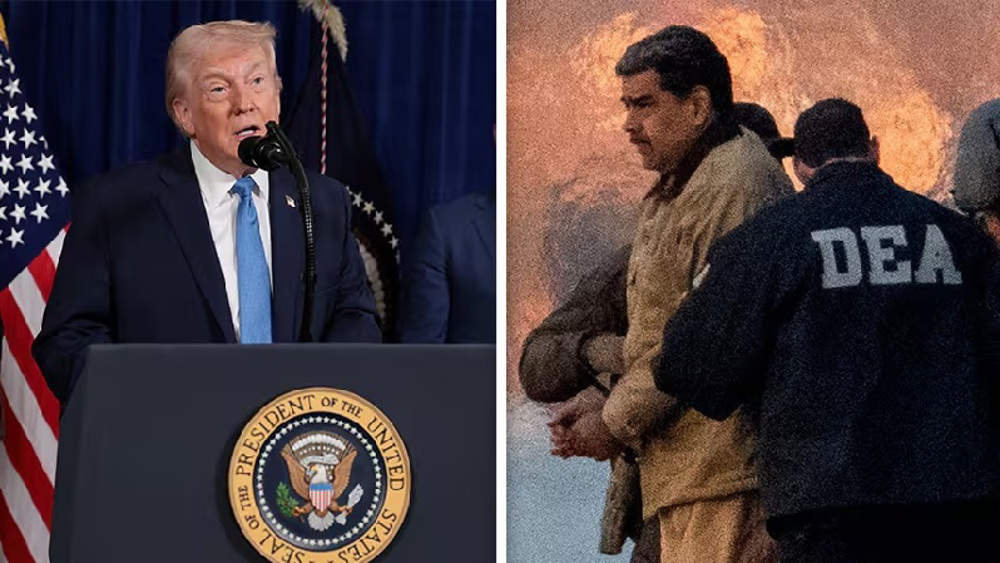




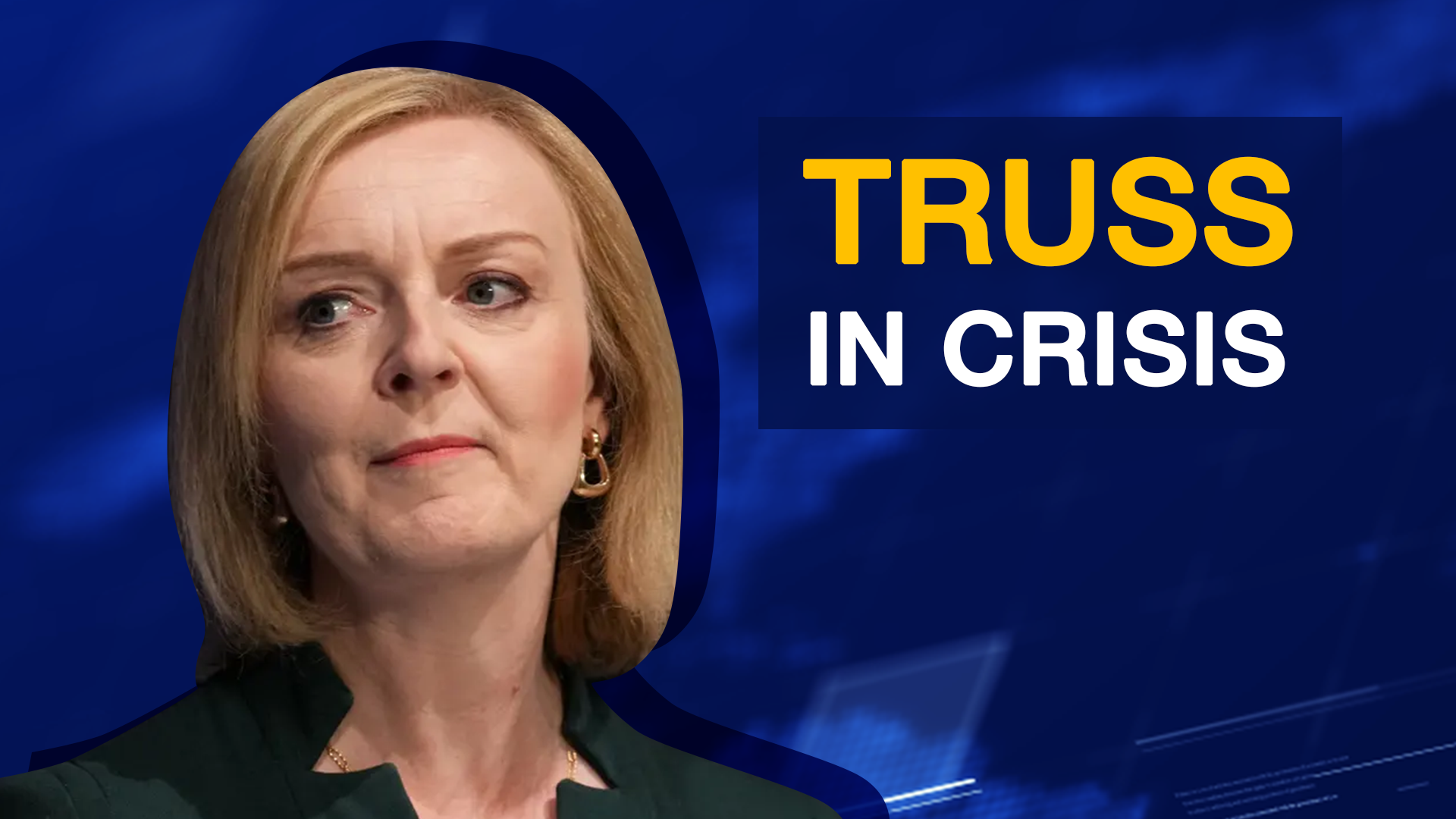
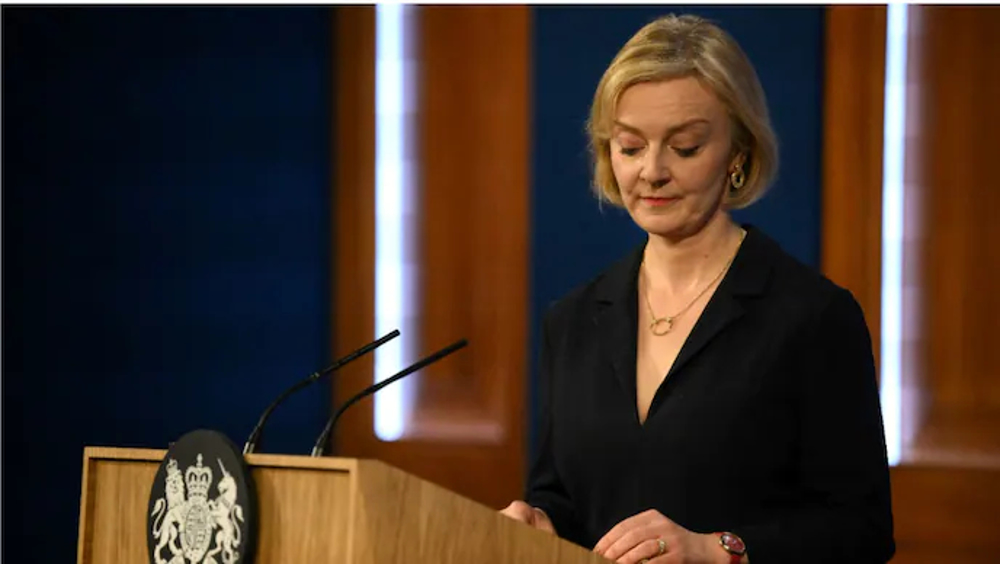
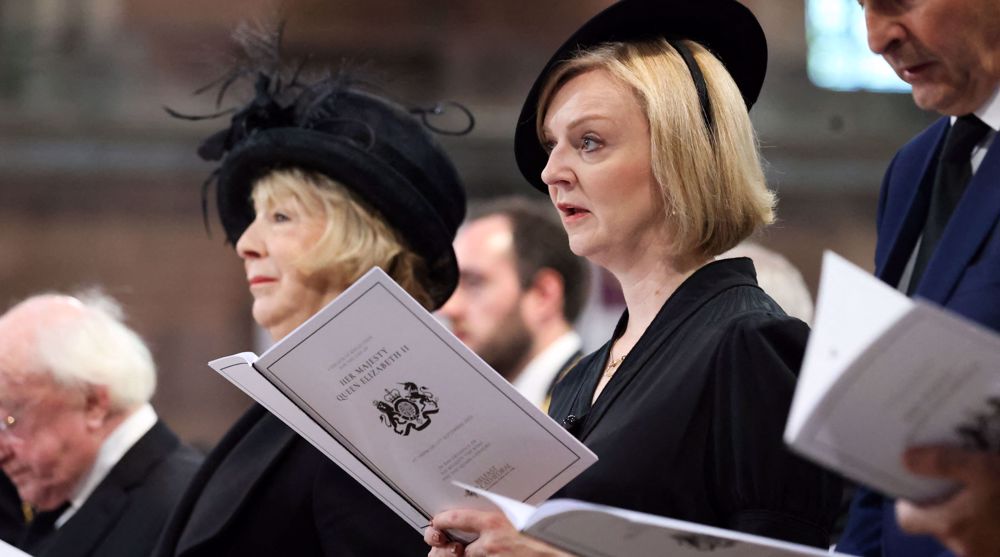
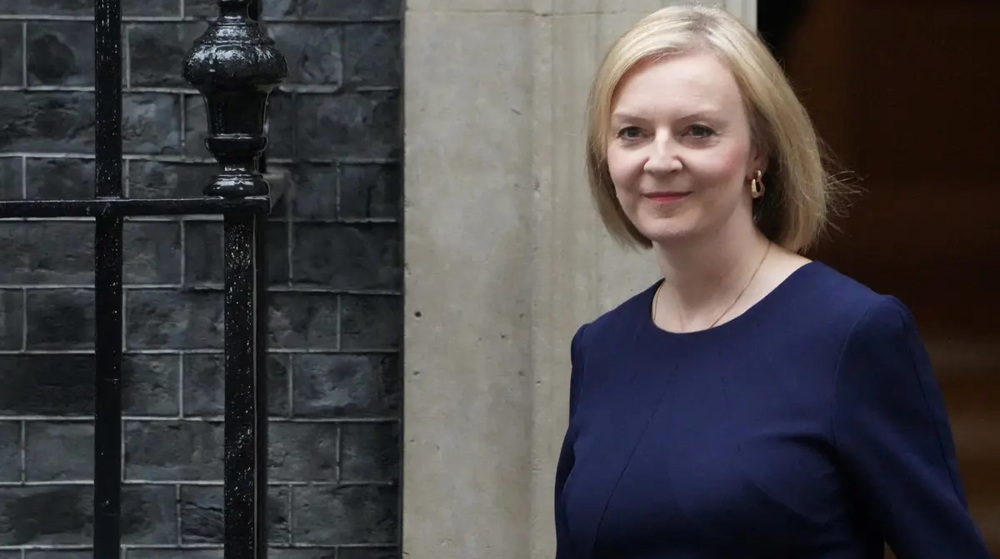
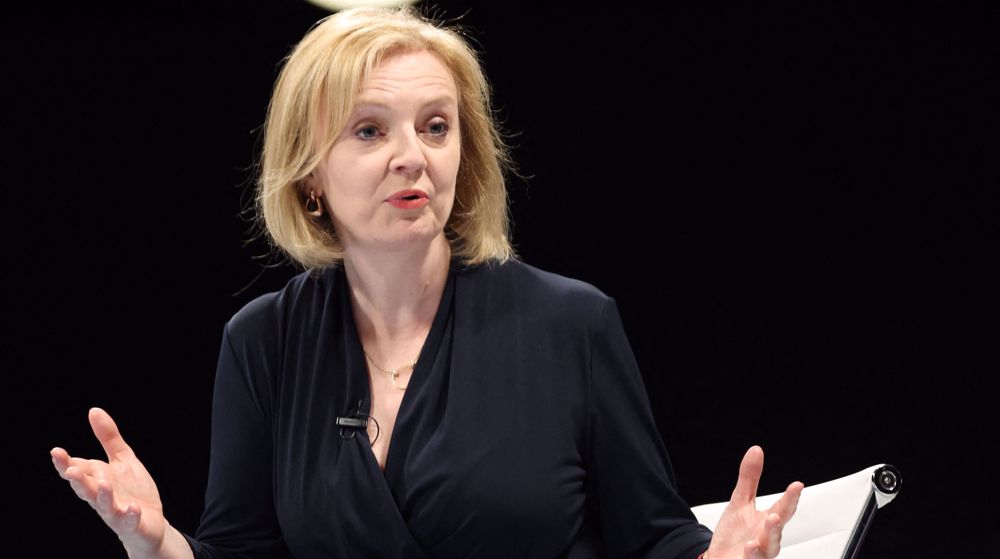
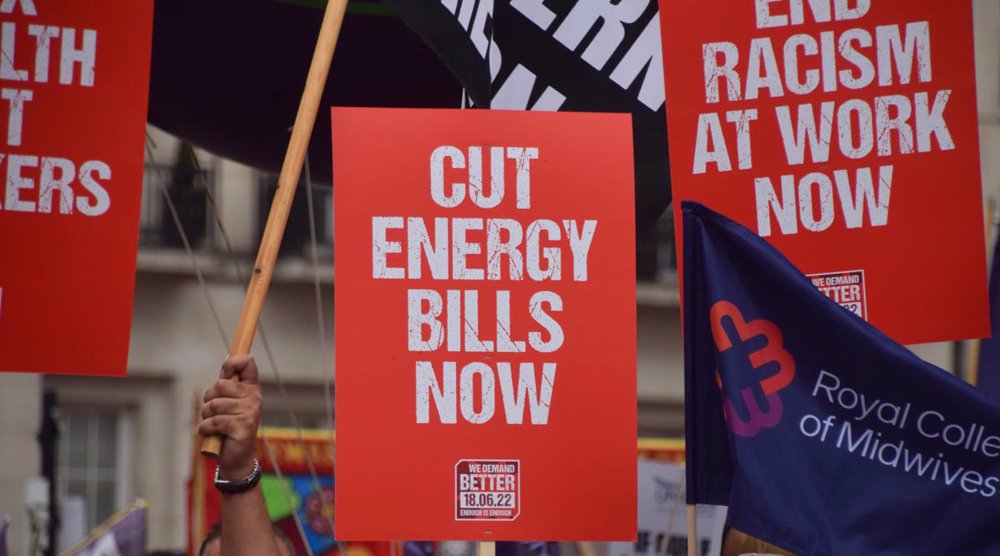
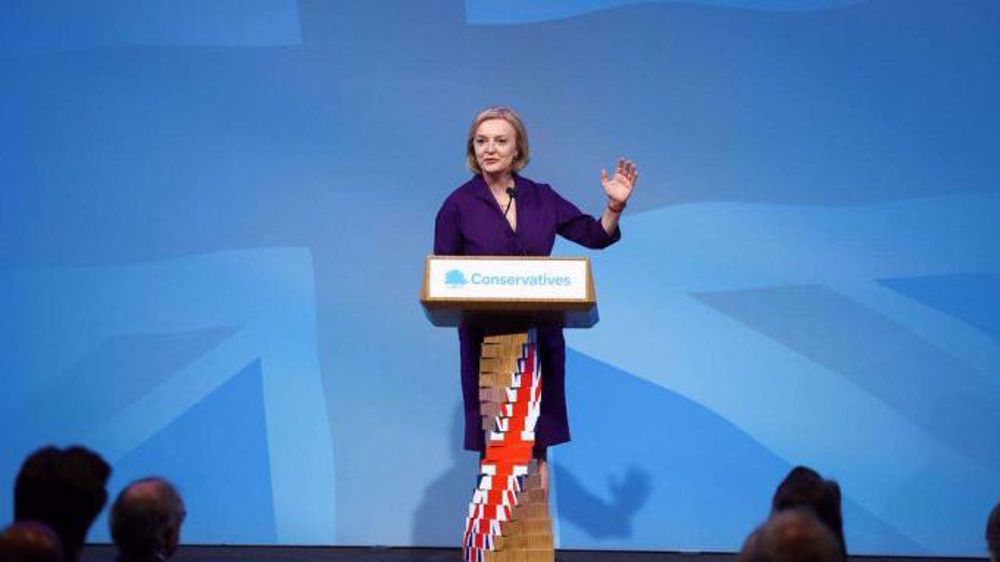

 This makes it easy to access the Press TV website
This makes it easy to access the Press TV website